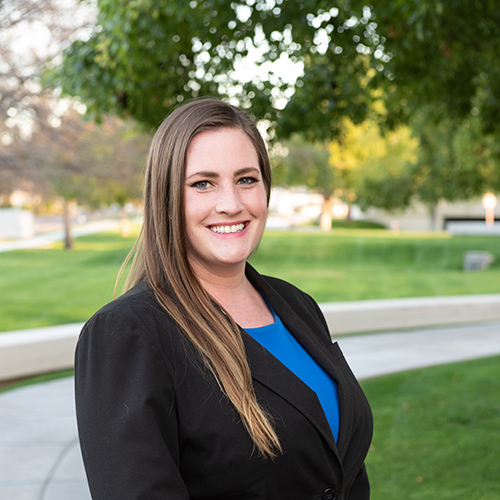Estate planning can provide individuals and married couples, the ability to decide how to distribute their assets after death so that it is not left to their family or if no family, the State to decide the fate of your assets. Estate planning includes Wills, Living Wills, a Trust, and/or Financial Power of Attorney.
If you die without a Will, your estate will pass to your spouse or other heirs (children or parents).
A.R.S. § 14-2101(B) provides that if a person elected to provide in a binding and valid document that during intestate succession a person or class would be excluded, then the probate of the will and distribution of property would pass through that excluded person to the next individual in line for succession.
Wills
A Will is a legal document that details how you want your assets distributed. It lists your heirs and can also exclude specific heirs.
A personal representative (also known as an executor) is appointed by you in the Will. The personal representative is appointed to make sure your wishes are met.
The testator (the person executing the will) must be of legal age and capable of making a will for it to be enforceable. The witnesses to the Will must declare the testator to be of sound mind when signing their names to the Will.
Power of Attorney
There are various types of Power of Attorney forms that can be included in your estate planning. A financial or durable power of attorney and a medical or health care power of attorney. The durable power of attorney appoints someone to handle your financial affairs in the event you are unable or incapacitated.
A health care power of attorney (or living will) appoints someone to handle your medical decisions in the event you are unable or incapacitated. Both are important documents to have.
Trust
There are various types of Trusts. There are revocable or irrevocable trusts. You can set up a trust while you are alive that you manage as the Trustee and move real estate and other items into the trust or out of the trust. Once you die, the trust can either distribute everything shortly after your death or the trust can have specific guidelines requiring certain heirs to be of a certain age before receiving this distribution.
Revocable trusts can be modified or revoked at any time by the trustee. These are typically called a living trust.
Revocable trusts can be useful in avoiding probate. If a trustee transfers their assets into a revocable trust, upon their death, the assets will not be subject to probate. The assets in the trust will remain available to the creditors of the trustee. However, the creditor has to petition the court for an order to enable the creditor to get to the assets held in the trust. Typically, a revocable trust turns into an irrevocable trust upon the death of the trustee.
An irrevocable trust cannot be modified or revoked after it is created. Not even the trustee can remove the property out of the trust.
Assets that skip probate:
- Revocable Trusts skip probate entirely.
- Real estate owned as Joint Tenants with Right of Survivorship
- Real estate held in community property with right of survivorship
- Life insurance policies and retirement accounts with a designated beneficiary
- Bank accounts that have been designated as (“POD”) Payable on Death or (“TOD”) Transfer on Death clause.
Brittany Labadie is the Managing Partner at Lewis Labadie. She has been working with Lewis Labadie since it opened. Her current focus is with adoption cases, including juvenile adoptions, adult adoptions, foster care adoptions, same-sex adoption, surrogacy adoptions, and when necessary termination of parental rights. She works throughout the State of Arizona.




